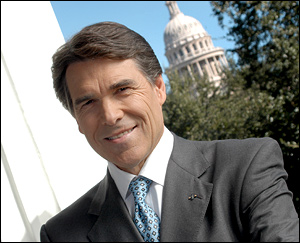By Jim Ellis
July 26, 2021 — The Texas 6th District special election to replace the late Rep. Ron Wright (R-Arlington) is scheduled for Tuesday, and the Susan Wright campaign has just released the results of their most recent American Viewpoint poll.According to AV (July 19-21; 400 TX-6 likely runoff voters, live interview), Wright, the late congressman’s widow who placed first in the original May 1 special jungle primary, leads state Rep. Jake Ellzey (R-Waxahachie) by a 44-34 percent count with 12 percent saying they are undecided. The sample’s remaining ten percent apparently didn’t answer the ballot test question since they appear unsegmented.
The Wright pollsters argue in their survey synopsis that the ballot test numbers are actually stronger than presented for underlying reasons. Among the voters who rate themselves as most enthusiastic about voting in the special election (a scale of 1 to 10 with 10 having the highest level of enthusiasm), Wright expands her lead to 54-33 percent.
The pollsters reason the most enthusiastic voters, in this case ones who rated themselves at or between 8 to 10 on this scale, are the most likely group to vote. On the negative side, however, this segment is small. Only 8 percent of the entire sampling universe rated themselves in the highest positive category.
Drilling further into the polling sample’s core, American Viewpoint finds that among the respondents who said they are “certain to vote,” Wright leads Ellzey, 51-33 percent.
Where the state representative scores higher in this double-Republican runoff contest is among the Democrats who choose to participate. Here, Ellzey leads 44-31 percent. The pollsters conclude that Democrats who are motivated to vote largely want to make a statement in supporting the candidate that former President Donald Trump did not endorse…in the 6th District race, Ellzey.
Among what the pollsters describe as the “Trump Movement Republicans,” presumably those who have a positive impression of the former president and generally are inclined to back his endorsement choice, favors Wright by a 61-28 percent spread.
Rep. Ellzey first ran for office in 2018, when he opposed Wright in the 6th District open seat regular congressional election. Underestimated in the primary election, Ellzey finished second and forced Wright, then the Tarrant County Assessor, into a runoff. With Wright favored, Ellzey reduced the former man’s margin of victory to 52-48%, again exceeding expectations.


